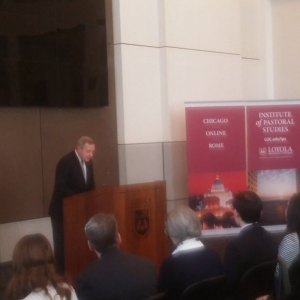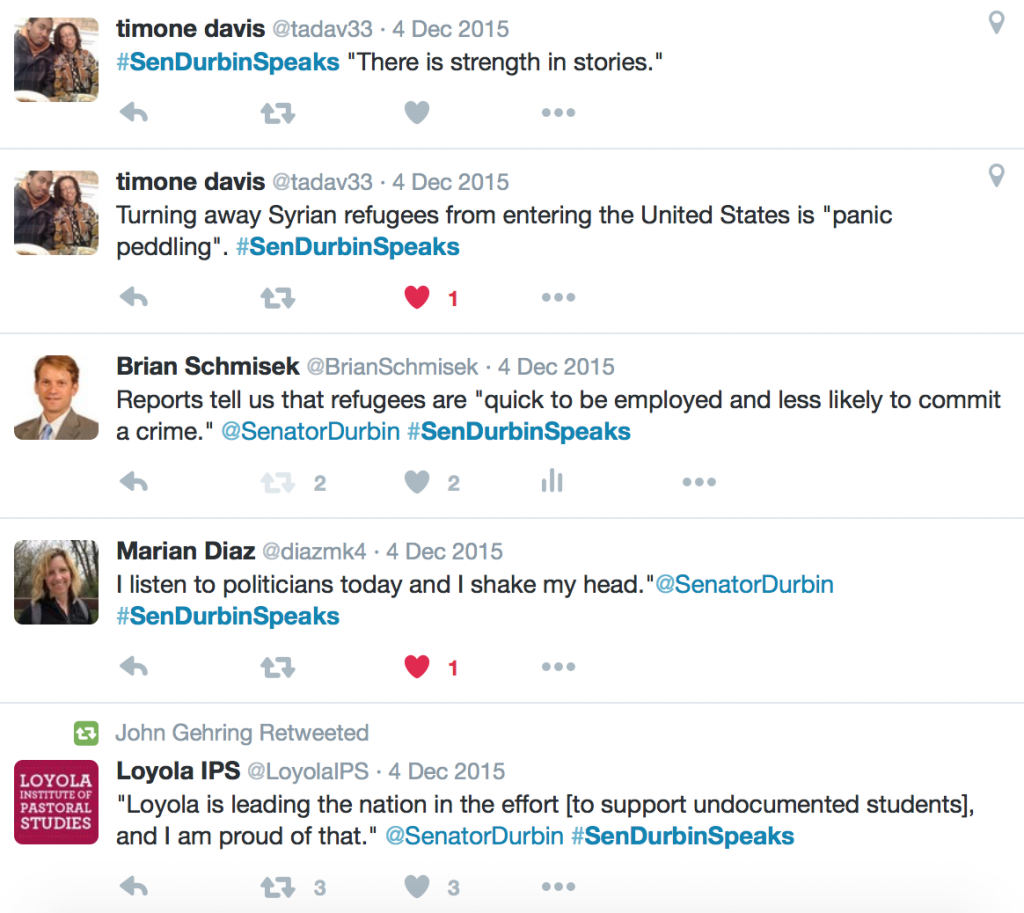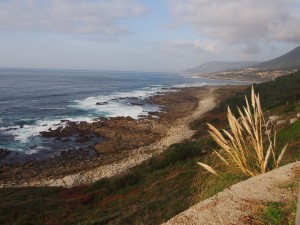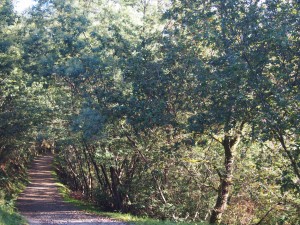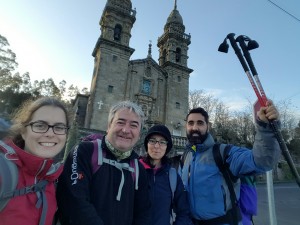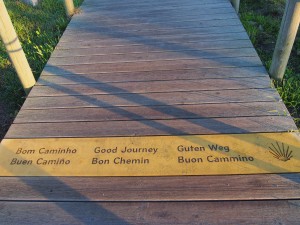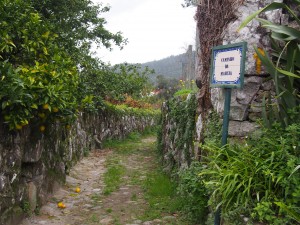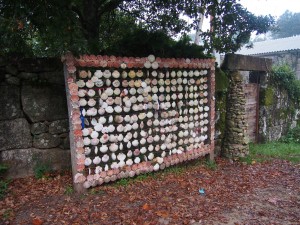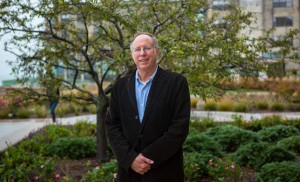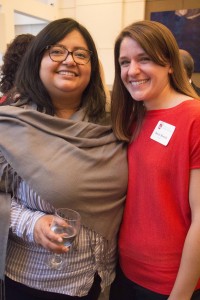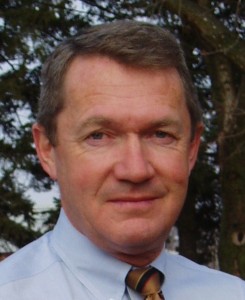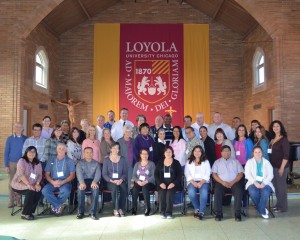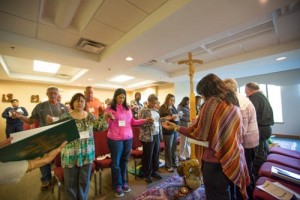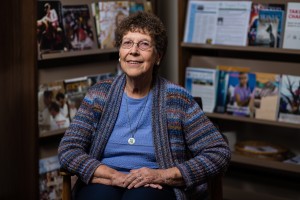IPS is happy to welcome Starr Young and José Brito to the team! As IPS continues to grow, the more hands we need helping out around the office. Fortunately, IPS was able to hire Starr as a Graduate Student Worker and José as an Undergraduate Student Worker.
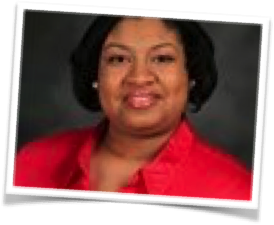
Meet Starr. She is from Chicago and this is her first year attending Loyola. She is earning her MAPC/MDiv dual degree from IPS. Get to know more about Starr in the Q&A below.
What are you looking forward to learning while working at IPS?
I am very excited to be a part of the IPS team! I am looking forward to the opportunity to be more immersed in the community while working at IPS.
What is something special you are bringing to the IPS team?
I want to offer my time and talent to give back to IPS as the program has already given so much to me in the short amount of time that I have been a student.
What are your goals while in school and after?
Upon graduation from IPS, my professional goal is to combine my education and faith into a career as a counselor. I hope to one day open a community center where I can offer services to contribute to the healing of the mind, body and spirit of each client. My personal and more immediate goal is to help provide a place in the Catholic Churches of Chicago where Young Adults can feel accepted and inspired by their faith through a ministry entitled ReCiL (Reclaiming Christ in Life).
What do you like to do in your spare time outside of school and work?
I love to travel, spend time with my family and attend hockey games. Go Blackhawks!
What is a fun fact or story about yourself?
A fun fact about me is that I love science! My undergraduate degree is in Human Biology.

Meet José. He is also from Chicago and is a freshman at Arrupe College of Loyola. He is currently studying Social and Behavioral Sciences and will later study Criminal Justice. Get to know more about José in the Q&A below.
What are you looking forward to learning while working at IPS?
I would like to learn more about the work environment in an office setting.
What is something special you are bringing to the IPS team?
Something special I bring to the IPS team is that I am bilingual. I speak fluent English and Spanish.
What are your goals while in school and/or after?
After school when I have graduated from Arrupe College, I plan to attend Saint Xavier University where I will study Criminal Justice, so that one day I will be able to work for a state or federal law enforcement.
What do you like to do in your spare time outside of school and work?
In my spare time, I enjoy playing video games or boxing with my coach. Sometimes I go out with friends or family to play soccer, depending on the weather.
What is a fun fact or story about yourself?
A fun fact about myself is that I enjoy eating all kinds of food. I tend to over eat most of the time. I am always hungry. My mom told me that when I was only four months old I had began to drink the eighteen ounce bottles of baby formula and that I would drink four or five of those a day. Eventually making me a fat baby.
If you see Starr or José around the office, don’t forget to say hello and welcome!
Join the conversation by following @BrianSchmisek on Twitter and @LoyolaIPS on Instagram! Also, network with the Loyola Chicago IPS community on LinkedIn.

